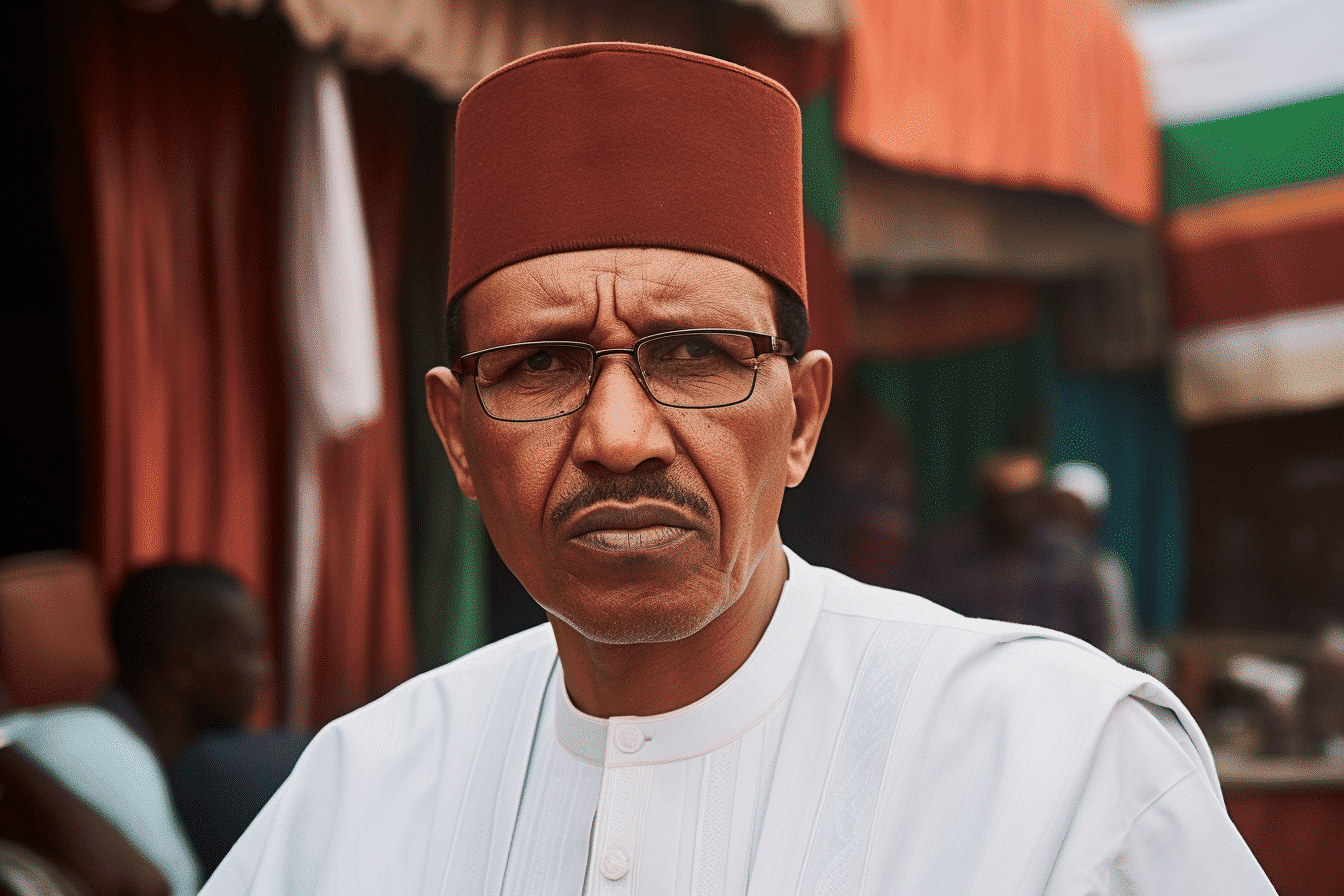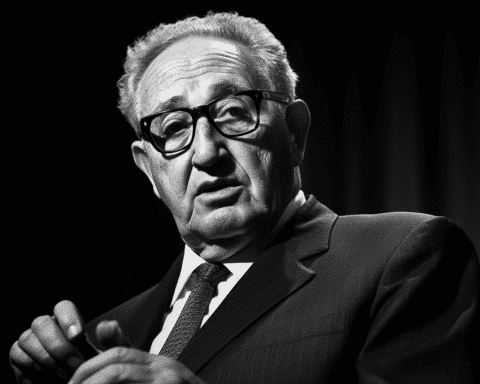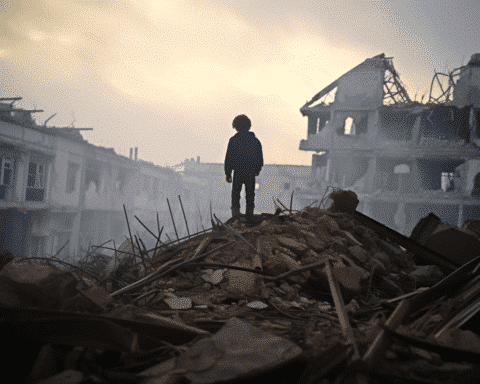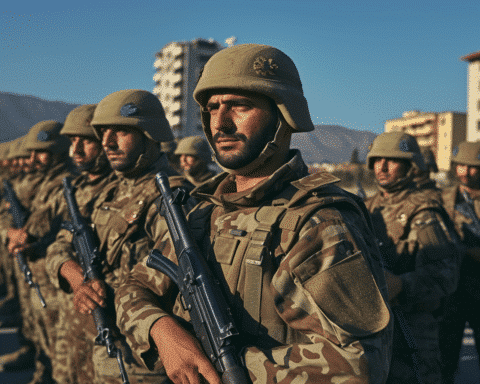Niger’s democratically chosen leader, Mohamed Bazoum, reveals he’s isolated and made to survive on mere dry rice and pasta by the military group that ousted him, even in the face of global pressure demanding they relinquish control.
Bazoum communicated via text messages to a close associate, stating his deprivation from human interactions since the prior Friday. There have been no provisions for food or medication for him.
The former leader disclosed that he’s been enduring a week without power, a situation many Niger residents face. Niger’s energy, primarily sourced from Nigeria, was cut off due to the coup.
All the fresh food provided to Bazoum has spoiled, leaving him with just dry rice and pasta.
While isolated, Bazoum maintains some communication with the outside world. Although he was denied an audience with the US Deputy Secretary of State, Victoria Nuland, during her recent visit to Niamey, he managed to converse with Secretary of State Antony Blinken the following day.
Despite his dire circumstances, the ousted president’s prime minister, Ouhoumoudou Mahamadou, mentioned on French television that Bazoum remains resilient.
However, the optimism for a diplomatic end to the ongoing political turmoil is dwindling.
Nuland’s prolonged meeting with the coup’s high-ranking members was described as exceptionally candid and occasionally challenging. The junta abruptly cancelled a subsequent scheduled meeting in Niamey with UN and ECOWAS representatives.
Justifying their decision, the junta cited an “ambience of potential hostility against Niger.”
However, Mahamadou expressed the junta’s willingness to maintain discussions with ECOWAS, the organization directing the regional response to Niger’s political turmoil.
ECOWAS leaders plan to convene in Nigeria to deliberate on the coup, but details remain vague. The junta ignored an ECOWAS-imposed deadline to step down and reinstate Bazoum. ECOWAS emphasizes diplomacy but hasn’t dismissed potential military action to restore Niger’s elected leadership.
In anticipation of foreign intervention, the junta bolstered its military presence in Niamey, attempting to soothe the city’s anxious populace, many fleeing or hoarding essentials.
Adding to the junta’s challenges is forming an anti-junta resistance faction led by Rhissa Ag Boula, a minister in Bazoum’s administration and a prior rebel chief. Named the Resistance Council for the Republic (CRR), this group urges the junta’s leader’s arrest and pledges to employ every means to counteract the junta’s rule.
Ag Boula’s initiative might rally support, particularly from the Tuaregs, whom he previously led in rebellions against the central government before joining the political mainstream.
Meanwhile, the junta alleges a breach of Niger’s airspace by France after shutting it down in the wake of a potential military intervention threat. An aircraft was reported to be in Niger’s airspace for several hours without communicating with local air traffic control.
As the political turmoil intensifies in Niger, the international community watches closely, hoping for a peaceful resolution. The resilience of ousted president Bazoum and the escalating internal resistance highlight the country’s yearning for democratic stability. While diplomatic efforts continue, the pressing question remains: how long will Nigeriens have to wait before they see a return to democratic governance and peace?




